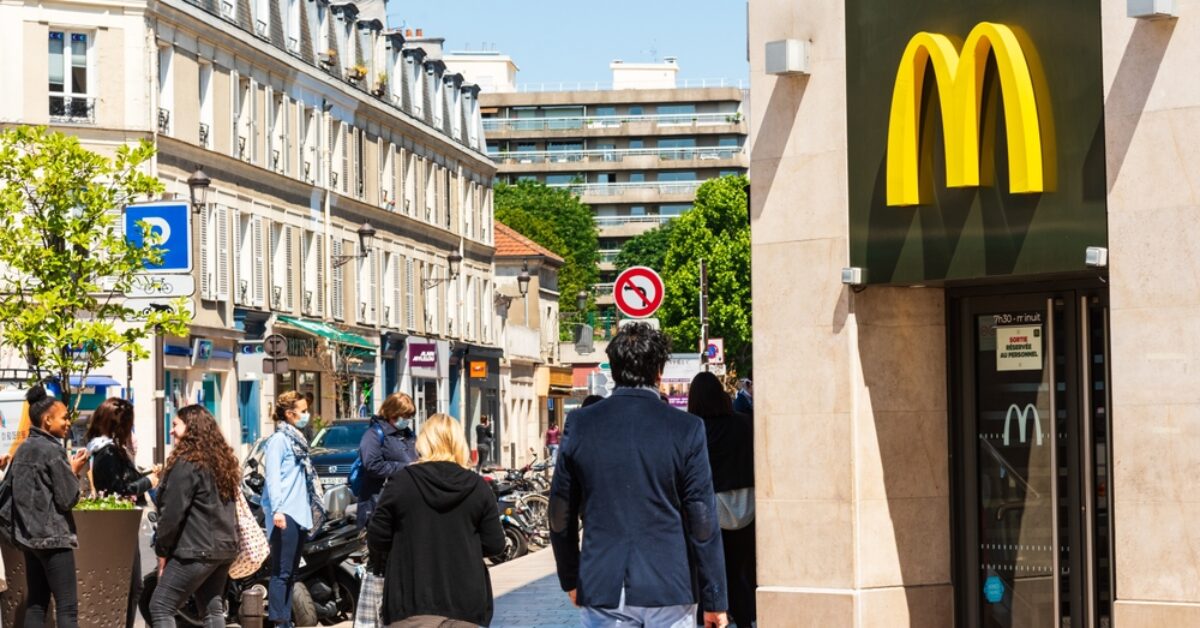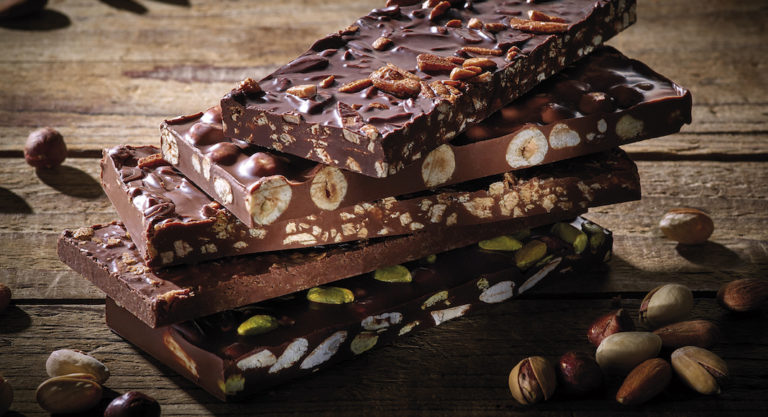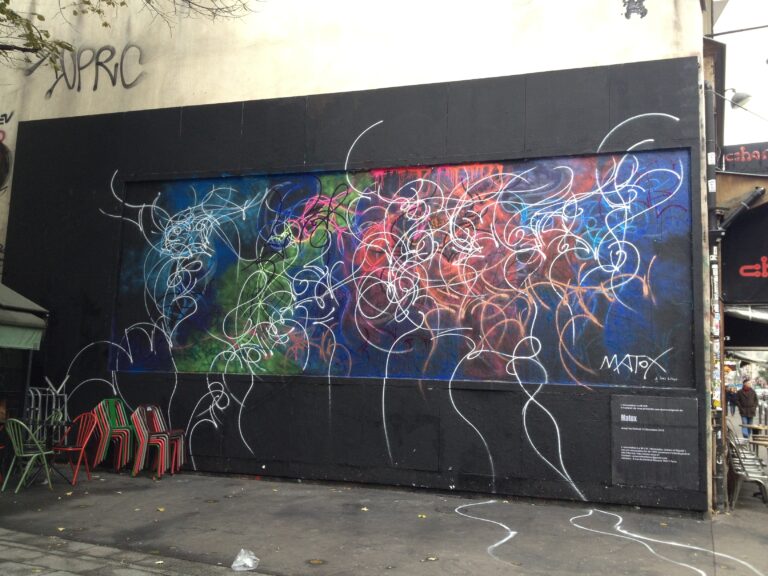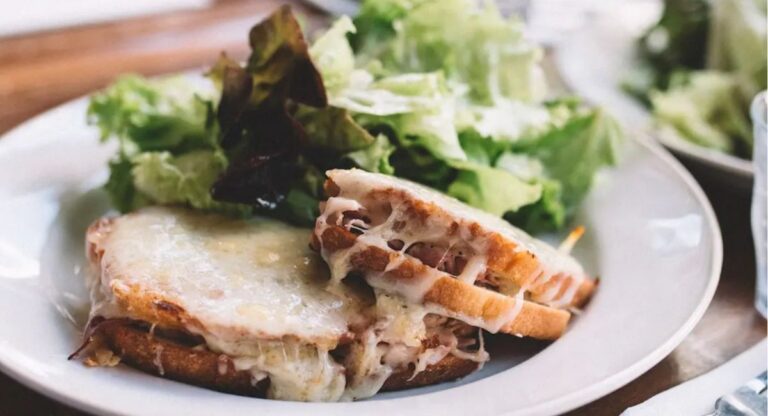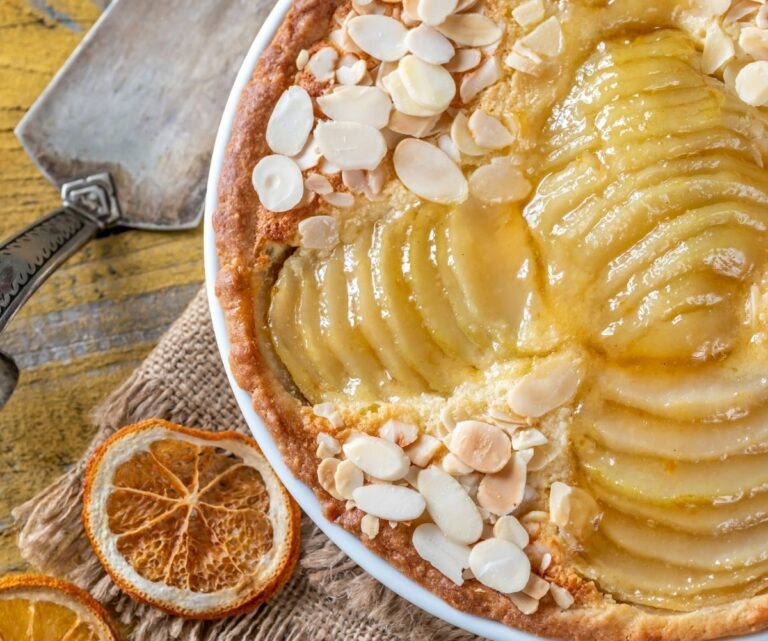France is the land of haute cuisine, with dishes like escargot and foie gras and bouillabaisse. It’s a country with food so elegant and delicious that UNESCO has declared it part of the world’s cultural heritage. So, then, you might imagine that the French, with their refined palates, would turn up their noses at fast food. But the reality is more surprising.
A Rough Beginning
The history of fast food in France goes back to 1972, when McDonald’s opened its first restaurants in Paris. It was not an auspicious start. The restaurants were so poorly run (and dirty!) that McDonald’s sued the Paris franchise owner and closed them all. The company tried again a few years later in Strasbourg. Today McDonald’s ignores its early Paris failures (wouldn’t everyone?) and names its Strasbourg restaurant as the first McDonald’s in France.
Despite its long record of success in the U.S., McDonald’s—nicknamed McDo’s in France—wasn’t the country’s early fast-food leader. That honor goes to Quick, a Belgian chain of burger restaurants. Other chains soon joined the fray, like Burger King and the French company, Freetime. Burgers proved popular and the market for fast food grew steadily, though there were bumps along the way.
The biggest crisis came in 1999, during a wave of protests against globalization. McDonald’s became a target, an earthly symbol of the soulless American corporation in quest of world domination. José Bové, a charismatic French farmer, led protests against McDonald’s and what he called their malbouffe (junk food). He was not wrong, of course.
As the protests continued, tensions mounted until eventually a mob led by Bové “dismantled” a local McDo’s. He was criminally charged, but became such a folk hero in the process that 40,000 people came to support him during his trial. Despite this support, Bové was found guilty and spent three months in jail.
Market Dominance
Despite the occasional dramatic and passionate setback, the French acceptance of fast food continued to somehow grow. Today, hamburgers are one of the most popular dishes in France. A good majority of French restaurants have burgers on their menu, and they are often fancy ones that include Roquefort cheese or truffles.
Fast food has come to dominate the French restaurant industry, representing more than half of total revenues. And France has become the second largest market in the world for McDonald’s, with over 1,500 restaurants throughout the country.
Not Your Father’s McDonald’s
McDonald’s pioneered the idea of the cookie-cutter restaurant, where each is the same no matter where on the planet you are and you always know what to expect. And while McDo’s are similar to the McDonald’s in the U.S., there are also significant differences. Which sounds as French as you can get: Yes, it’s the same, but not entirely. It’s much better over here.
For one, McDo’s are more spacious in France with more comfortable seating–like cushioned banquettes, big windows, and cool stools. And, while you can get a Big Mac or McNuggets in France, they taste better because the ingredients are better. For instance, in France, the beef is grass-fed, not raised on corn, which makes for a tastier patty. And the growth hormones which are used extensively in the U.S. are illegal in France. As for chicken, American chicken is often disinfected with chlorine (quel horreur!), but again this practice is outlawed in France.
As for that tasteless American cheese, in a McDo’s it is often replaced by yummy options like Emmenthal or chèvre. And when it comes to salads and veggies, France is famous for its fresh produce (think of all those farmer’s markets), which is much tastier than the American veggies grown on vast industrial farms.
French McDo’s also have dishes you won’t find in the U.S., like the Le Croque McDo, their version of the classic Croque Monsieur, but with high-quality French ham and cheese. And there’s the McWrap made with chèvre, and the McBaguette, a double hamburger with Emmenthal cheese and béarnaise sauce. And, unlike in the U.S., you can wash your meal down with a nice beer. (Sorry, McDo’s don’t serve wine.)
French pastries are another important part of the McDo’s menu. Would you like a croissant? How about a pain au chocolat? And who wouldn’t love to finish their meal with a colorful macaron? You’ll find them all at McDo’s.
Besides their different menus, French McDo’s also have a history of being more technologically advanced than their American brethren. For example, by the time American McDonald’s were just beginning to roll out self-ordering kiosks, virtually every French McDo’s had them. (This comfortability with technology transcends all barriers, with the French willing to use the tools available with ease.)
Embedded in French Life
To see how thoroughly McDo’s has embedded itself in French life, one can check out the attitudes of those 18 to 35 years of age, for whom McDo’s have always been part of the culinary landscape. France’s leading polling firm has done just that, asking young people what they think of McDo’s. The views of these French were no different from what you would expect from Americans.
For most, a first trip to a McDo’s was when they were children, going with their family and enjoying a Happy Meal. And, in France, kids get a choice of a Happy Meal with a toy or—this being a famously literary country—a Happy Meal book.
Later, as adolescents, many of these kids worked at a McDo’s—it’s one of the largest youth employers in France.
Today as adults, McDo’s is part of their everyday life. A majority go at least once a month, and there are very few who never go at all. McDo’s is a popular place for a meal, a snack, or a drink with friends. It’s a place for celebrations. And it is a very popular spot for first dates. Even Emily in Paris loves McDo’s!
Perhaps the most surprising thing is that everyone goes to McDo’s. Do men go more than women? No, women and men go in equal numbers. Similarly, and unlike in the U.S., there is no difference in McDos’ popularity based on a person’s level of education or type of job. People in rural areas go as often as city dwellers. And no matter what the person’s political party—far left, far right, center, green—McDo’s is equally popular.
Honestly, in today’s often fractious France, McDo’s might be the only thing that everyone agrees on!
Maybe Ronald McDonald should run for President of France? He’s certainly more popular than current President Emmanuel Macron, who has plummeted in the polls since he raised the French retirement age. And Macron’s main political opponents Marine Le Pen and Jean-Luc Mélenchon are not much more popular.
With a campaign slogan of, say, “McBaguettes for All!” it seems like Ronald McDonald could win in a landslide!
Keith Van Sickle splits his time between Provence and California. He is the author of the best-selling An Insider’s Guide to Provence. Read more at Life in Provence.

